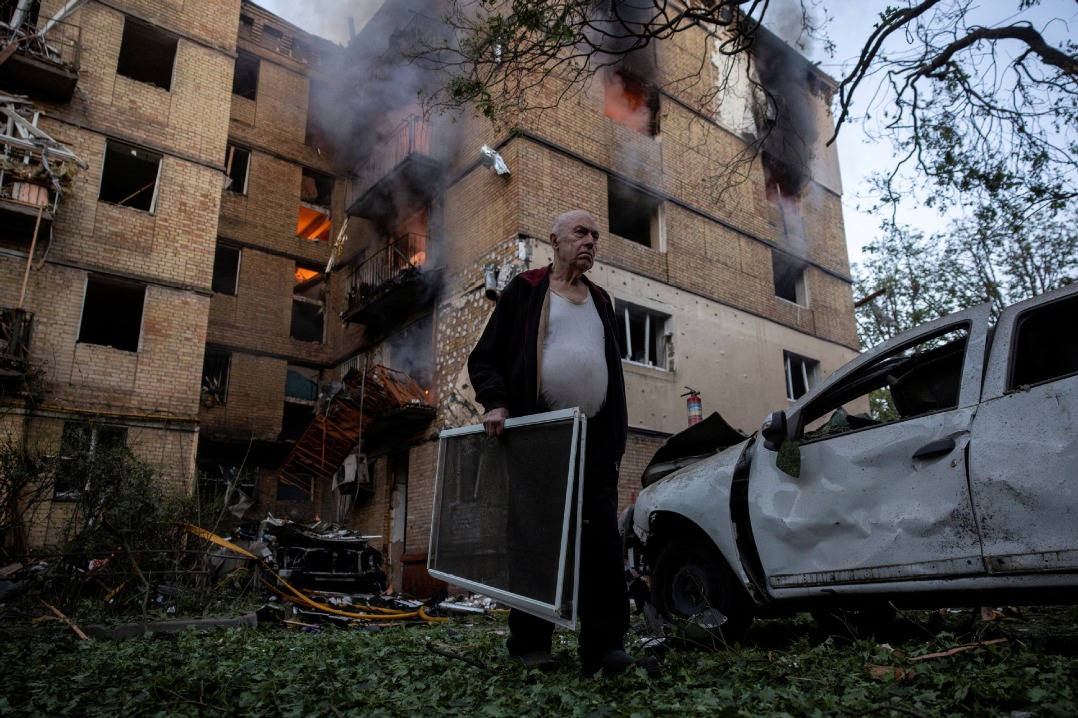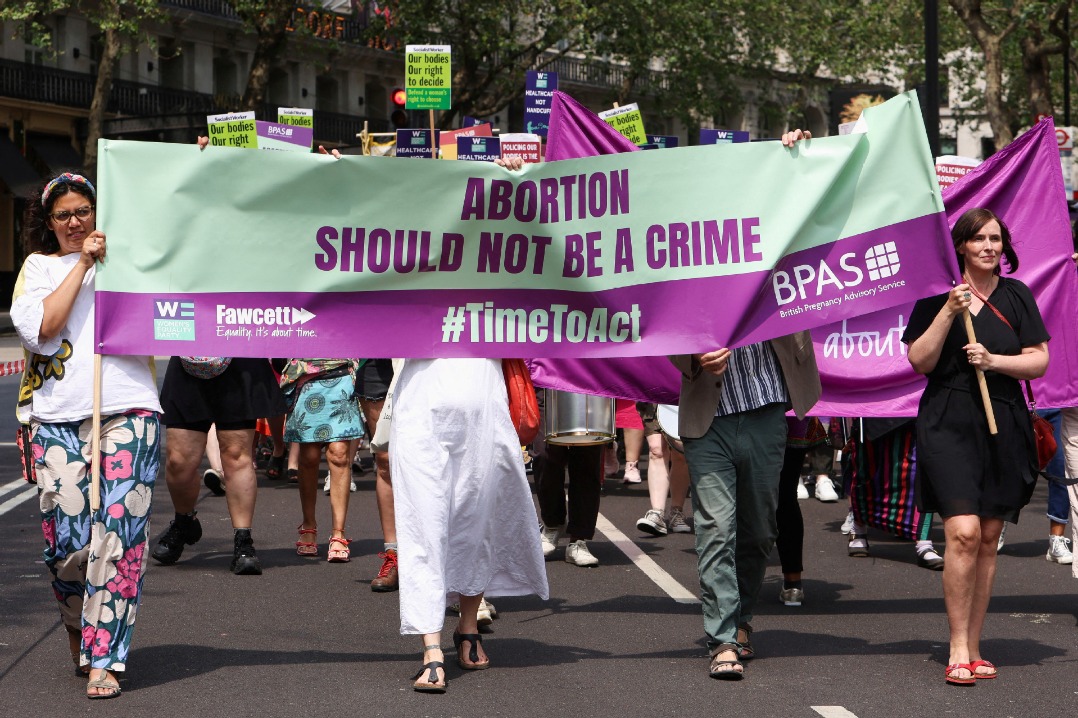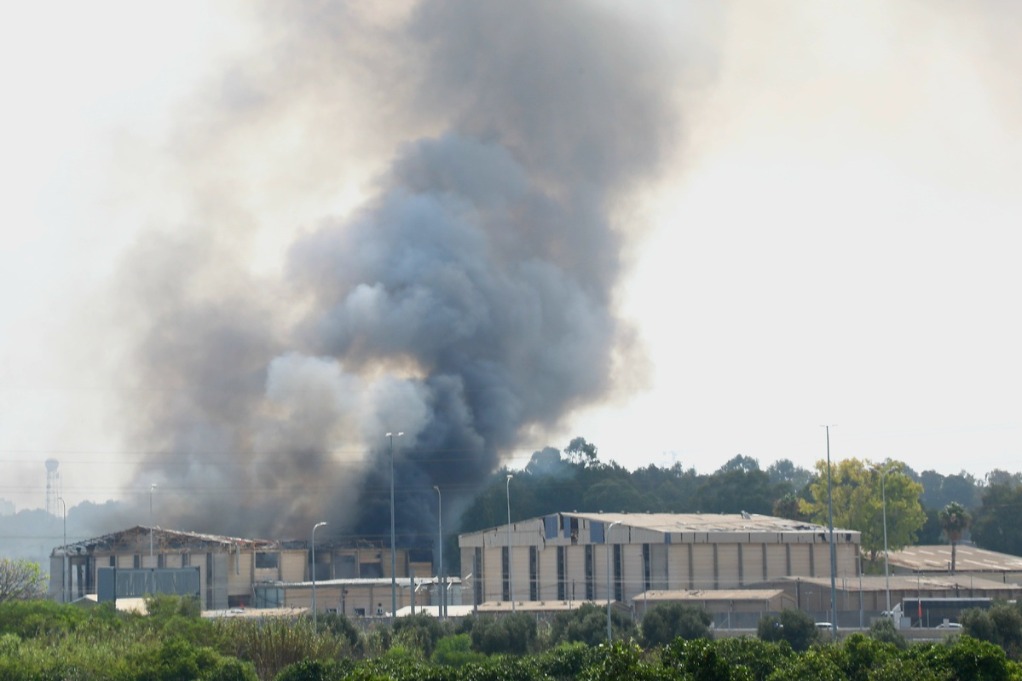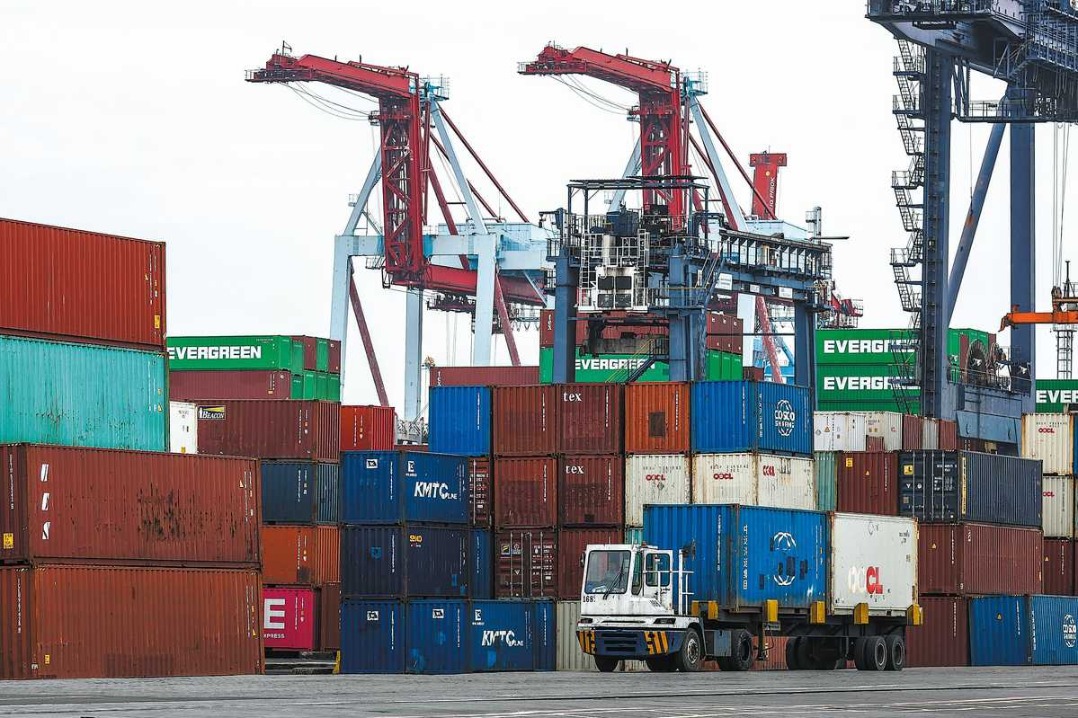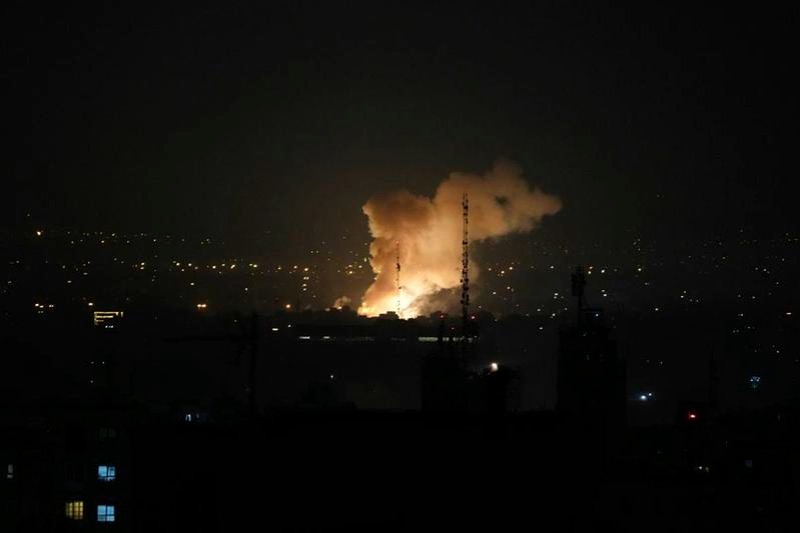China's role in chemical safety hailed
Shanghai workshop fosters consensus on collaboration in tech application

China's artificial intelligence-driven efforts to support the Chemical Weapons Convention have drawn high praise from the head of the Organization for the Prohibition of Chemical Weapons, who expressed hope that China will play a greater role in promoting AI for global chemical safety and security.
"China is a top actor in the organization. I wish China to (not only) continue cooperating as it has been doing, but increasing its engagement, participating even more in international cooperation programs," said Fernando Arias, director-general of the OPCW, in an interview with China Daily on the sidelines of an international workshop on AI and chemical safety and security management, held in Shanghai on Tuesday.
Arias commended China's efforts in strengthening AI capacity-building as part of its implementation of the Chemical Weapons Convention, and emphasized that emerging technologies such as AI have brought both opportunities and challenges in achieving the treaty's goals.
The joint hosting of the four-day workshop by China and the OPCW is both timely and significant, providing a valuable opportunity to foster exchanges, mutual learning, and global consensus on the collaboration in the application of technologies, he said.
"I understand very well the success of China, and we are here in this center of artificial intelligence," he said, underscoring the importance of China's active role in the coming years. "The fact that this workshop is taking place in Shanghai has a specific meaning."
Arias said he expects AI to be excellent in many fields for helping the international society, stressing the importance of clearly identifying and mitigating associated risks in the best possible way. "China has a very important role to play in this respect," he said.
Speaking at the workshop, Zhang Yunming, China's vice-minister of industry and information technology, said China has always firmly upheld the objectives of the Chemical Weapons Convention and actively promoted the convention's implementation for the empowerment of science and technology.
"The global security landscape is facing profound changes, with emerging technologies, including AI, developing at an unprecedented pace," Zhang said.
"These new changes are deeply affecting compliance-monitoring, risk identification and capacity-building. The threats to chemical safety and security are becoming more complex and severe than ever before."
China's leadership attaches great importance to the common well-being of humanity, and is committed to promoting the healthy and orderly development of Chinese AI in the direction of beneficial, safe and fair, he said.
Tan Jian, Chinese ambassador to the Netherlands and China's permanent representative to the OPCW, told China Daily that the workshop has received a positive response from Global South countries, which account for 80 percent of the participants.
Some African delegates traveled more than 40 hours at their own expense to attend the workshop, underscoring their strong interest in and support for China's position on AI and the significance of AI capacity-building for these countries, Tan said.
High expectations
"Global South countries have high expectations for us, because they are deeply impressed by China's progress in AI, and China is also willing to actively cooperate with Global North countries," he said.
"China will actively make good use of multilateral platforms to promote international cooperation. While seizing the opportunities brought by AI, we would also properly respond to the challenges it poses."
Themed "AI for Good and for All: Enhancing the Role of Artificial Intelligence in the Implementation of the Chemical Weapons Convention", the workshop features special lectures, roundtable discussions, and site visits to chemical parks and universities.
The event has drawn nearly 50 participants from 29 countries, along with 12 experts representing 11 Chinese and international organizations.
Jointly organized by the OPCW, China's Ministry of Industry and Information Technology, and the Shanghai Municipal People's Government, the workshop focuses on AI and chemical safety and security management.
It aims to strengthen the capacity of developing countries in implementing the Chemical Weapons Convention and advancing their technological capabilities.
Organizers hope the workshop will help build a fairer, safer international chemical governance system and serve as a practical platform for global technological cooperation and the pursuit of technology for good.
Zheng Zheng in Shanghai contributed to this story.


















